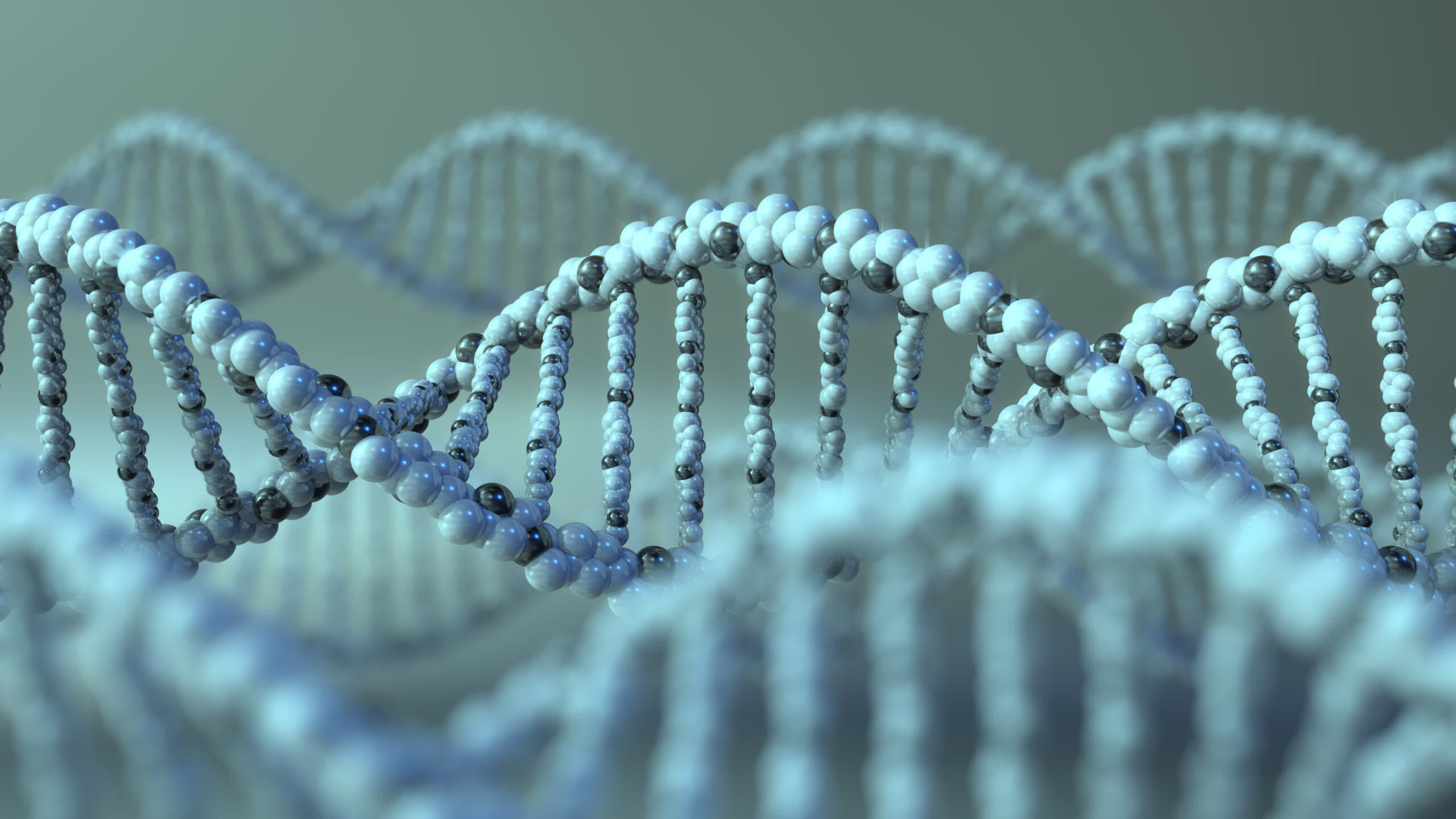

SIRHA will be the most complete Assisted Reproduction registryÂ

4 February, 2021
For many years, assisted reproduction specialists have been requesting more information regarding the techniques, results, patients and other aspects involved in the process, such as gamete donors. Although this has been a pending issue for years, lately there have been some important advances in the activity register of this information.
 SIRHA [Assisted Human Reproduction Information System], the platform that manages information regarding reproductive techniques, is about to become a reality. One of the most urgent encrypted databases that manages ovodonation and sperm donation in Spain has just been incorporated into the gamete donor registry system.Â
5 years of the National Activity Register - SEF Register
Five years ago, the first registries were designed in order to have a better knowledge of Assisted Reproduction activity. They are the National Registry of Assisted Reproduction Centers that includes all centers involved in reproductive medicine, and the National Registry of Activity - SEF Registry that provides statistical reports on the techniques performed each year in Spain along with their success rates. Â
According to information from the Ministry of Health, these registries, in conjunction with the donor registry, will form part of SIRHA, thereby converting the platform into the assisted human reproduction registry. Â
The Ministry of Health and the SEF publish the annual National Registry of Activity - SEF Registry. This registry provides statistics such as the following: More than 149,000 reproductive treatments are carried out each year in Spain, and 8-9% of the babies born every year in Spain are the result of assisted reproduction techniques.Â
In addition to the work carried out by the Spanish Fertility Society Registry Group, this detailed report prepared by the clinics both unifies the efforts of the centers and keeps professionals up-to-date with the trends and results of reproductive medicine in Spain.Â
National Registry of Gamete and Pre-embryo Donors
The National Registry of Gamete and Pre-embryo Donors is already part of SIRHA and the third to join this registry plan that improves reproductive sector knowledge. When it is fully operational, the center will be able to access donor information, thereby guaranteeing compliance with the Spanish Assisted Human Reproduction Law which establishes a limit of living children per gamete donor. Previously, this information could only be controlled by the donor and by consulting with the other centers.
In addition to filiation data, SIRHA collects therapeutic data and identifies the center where each process has been performed, guaranteeing traceability that makes assisted reproduction in Spain even safer.
All these data are appropriately protected, guaranteeing the anonymity required by the Spanish Law of Assisted Human Reproduction. Thus, personal data are associated with codes as a method of encryption.
Why is it important for professionals to upload patient data into SIRHA?
The Ministry of Health issued an informative brochure for both donors and recipients, describing why this registry is important. Some of the strong points it highlights are:
- It provides basic indicators of the activity and results of the centers, allowing each center to objectively evaluate its activity. In addition, the statistics give patients the ability to decide which clinic to choose for their treatment, based on solid criteria such as their results.
- It assures the safety and quality of care by allowing the accurate collection of all assisted reproduction treatments performed each year in Spain. The system ensures the traceability of the cells from their origin to their destination. In the case of a baby's congenital problem resulting from an egg or sperm donation, SIRHA makes it possible to reach the donor and prevent this from recurring.
- It monitors activity and reports relevant data for decision making and improving clinical and care quality in reproductive medicine.
For more information regarding SIRHA, click here.
Related courses

Online
Online Course on Immunology and Hematology
Start: 02/12/2026
Online courses
Course fee:
250 €

Online
Online course: Fundamentals in Reproductive Genetics
Start: 02/12/2026
Online courses
Course fee:
150 €

Online
Assisted Reproduction Fundamentals
Start: 06/11/2026
Online courses
Course fee:
150 €

